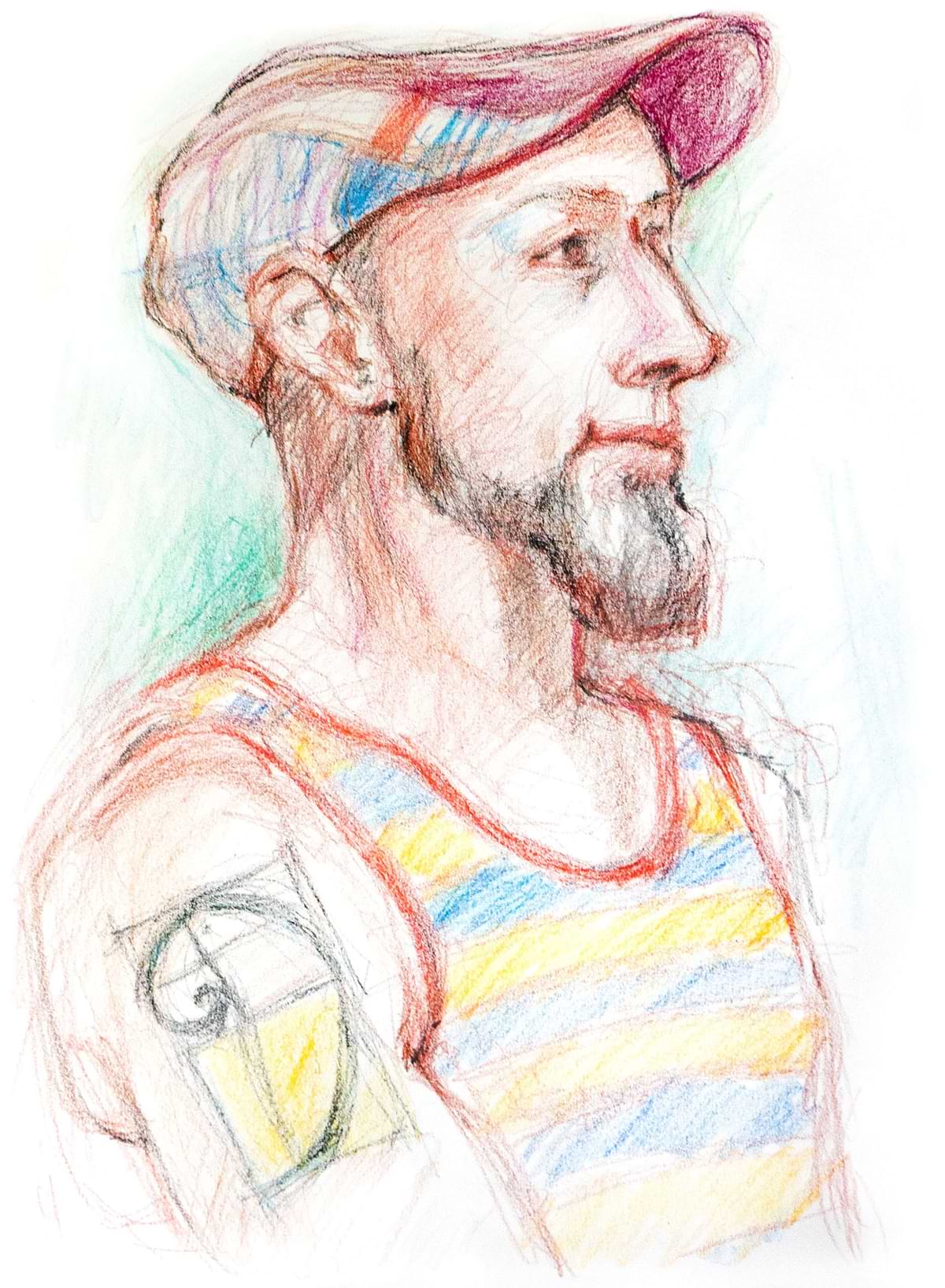Pixish, web2.0 spec work
Dec 19 2022
Some of you may have read about the Derek Powazek’s launch of Pixish. What is Pixish you might ask? Well according to the site pixish works as follows.
- Create an Assignment. Ask for what you want.
- Get Submissions. People create and submit their work.
- Peer Review. Community voting helps find the best.
- Pick Winners. Select your favorites and download.
- Rewards! Winners get published and paid.
I.E., Pixish’s business model is to use Web2.0 to encourage spec work. You and a bunch of other artists do a bunch of work and maybe the client likes it and you get paid. Actually it’s worse than spec work as on Pixish, all you get is a fragging prize.
As a professional designer and illustrator, I find spec work insulting and damaging to the creative profession as a whole, as doothers. I’m not only one to see Pixish in this light either: Adam Howell wrote an excellent post comparing Pixish to spec work.
On the Pixish blog, Derek Powazek, has replied to these criticisms. Well here’s my rebuttal:
1. We’re in beta. We’re nowhere near done yet. The reason we put the site out publicly at this early stage is to gather feedback, so trust me when I say that we’re listening and will be making changes. Thanks for helping!
Great. Well I hope you actually listen and don’t just plow ahead with criticism blinders on because you think your idea’s nifty.
2. One of the reasons spec work is evil is because it’s sometimes required by big companies, which takes advantage of small designers. But in Pixish, everything is in the hands of the artist. So if you think an assignment isn’t worth your time, don’t do it! It’s our hope that Pixish becomes a true marketplace, where publishers who list assignments with too few rewards will have to raise their pay to what the community thinks is fair. This is good for artists.
Actually the main reason that spec work is evil is that you are being asked to do work with no guarantee of pay. Your business model does nothing to change that it only makes it easier for the client to get a larger pool of spec artists. Thus, making sure that even more artists end up doing work for nothing.
3. Generally, when people talk about spec work, they’re talking about design. Pixish is not really for completed designs. It’s mainly for design elements: photos and illustrations that will be incorporated into a larger design project.
Actually, spec work has always also negatively affected photography and illustration — possibly even more so. Hell that’s one of the reasons I went into design rather than follow a career in illustration — even though I have a degree in illustration. The amount of unpaid/cheap work clients expect out of illustrators is painful to the wallet.
4. We’re sincere in our desire to help artists get paid. So we’re working on tools that will better distinguish paid assignments from the “just for fun” ones. Right now, the payment is left to the publisher and the winning artists to work out. In the near future we’ll be releasing tools that make this much more formal, making the process more secure for artists. [emphasis mine]
Pixish’s current business model: “loosing” artists get squat, and even the “winning” artists must beg to get any compensation.
Pixish’s future business model: “loosing” artists still get squat, and “winning” artists will probably get compensated (unless it’s labeled “just for fun!”)
The latter is slightly better than the former, but both of these models are still spec work.
5. No one owns your work but you, period. You are giving up no rights by uploading your work to Pixish, and you can remove it at any time. If you submit your work to an assignment, you’re entering into the terms set by the publisher. We’re working on tools to make those terms more explicit, but don’t worry, publishers have no rights to your work if you don’t submit it to them.
So I can upload whatever, but as soon as I submit my artwork to an assignment I loose the rights. So how is this different than spec work again?
6. There are lots more tools we’re developing to help artists. For example, a publisher will soon be able to offer an assignment directly to an artist, privately. This way, an artist can set up a great Pixish portfolio, get noticed by publishers, and get offers for paid work.
OK Great. How about this being the main emphasis of the site rather than this whole web2.0 spec work concept?
Here at Pixish, we know that none of this works without the trust and support of awesome artists like you. We’re going to do our best to help you get found, get published, and get paid. Thanks for giving us a chance.
Actually no what you’re offering is a means to streamline the process of spec work to make it easier for clients to get a bunch of designs/photos/art and only have to pay one person — if they pay them at all.
This response has done nothing to assuage my concerns about this project. I’m willing to change my opinion if Derek Powazek comes back with a real response to these issues. However for now I’m boycotting having anything to do with this site and encourage other designers, illustrators, and photographers to do the same.
UPDATE (Others who are also dismayed by the whole Pixish thing):
- The Pixish logo belongs next to “spec work” on dictionary.com
- I Beg to Differ. Pixish is Work On Spec.
- Spec Work, Pixish, Design Contests and Unicorns
- Pixish = Spec Work
- Metafilter has a debate going on about it
- Lots of other blogs are talking about it as you can see by this google blog search
Related CatCubed Posts:
